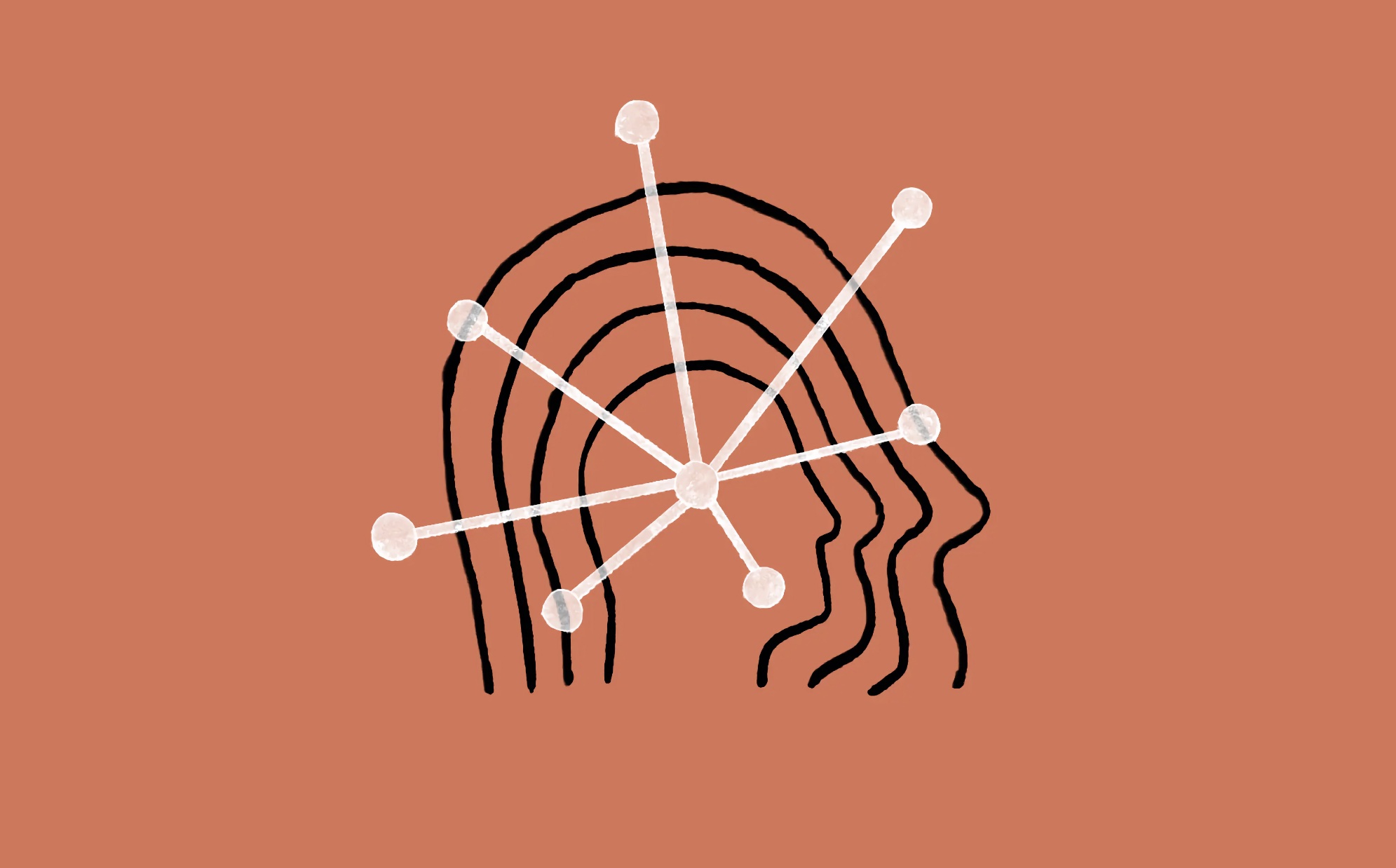
Anthropic has launched Claude 2, an advanced large language model (LLM) that excels in coding, mathematics, and reasoning tasks.
Claude 2 is designed to simulate conversations with a helpful colleague or personal assistant. The latest version has been fine-tuned to deliver an improved user experience, with enhanced conversational abilities, clearer explanations, reduced production of harmful outputs, and extended memory.
In coding proficiency, Claude 2 outperforms its predecessor and achieves a higher score on the Codex HumanEval Python programming test. Its proficiency in solving grade-school math problems, evaluated through GSM8k, has also seen a notable improvement.
“When it comes to AI coding, devs need fast and reliable access to context about their unique codebase and a powerful LLM with a large context window and strong general reasoning capabilities,” says Quinn Slack, CEO & Co-founder of Sourcegraph.
“The slowest and most frustrating parts of the dev workflow are becoming faster and more enjoyable. Thanks to Claude 2, Cody’s helping more devs build more software that pushes the world forward.”
Claude 2 introduces expanded input and output length capabilities, allowing it to process prompts of up to 100,000 tokens. This enhancement enables the model to analyse lengthy documents such as technical guides or entire books, and generate longer compositions as outputs.
“We are really happy to be among the first to offer Claude 2 to our customers, bringing enhanced semantics, up-to-date knowledge training, improved reasoning for complex prompts, and the ability to effortlessly remix existing content with a 3X larger context window,” said Greg Larson, VP of Engineering at Jasper.
“We are proud to help our customers stay ahead of the curve through partnerships like this one with Anthropic.”
Anthropic has focused on minimising the generation of harmful or offensive outputs by Claude 2. While measuring such qualities is challenging, an internal evaluation showed that Claude 2 was twice as effective at providing harmless responses compared to its predecessor, Claude 1.3.
Anthropic acknowledges that while Claude 2 can analyse complex works, it is vital to recognise the limitations of language models. Users should exercise caution and not rely on them as factual references. Instead, Claude 2 should be utilised to process data provided by users who are already knowledgeable about the subject matter and can validate the results.
As users leverage Claude 2’s capabilities, it is crucial to understand its limitations and use it responsibly for tasks that align with its strengths, such as information summarisation and organisation.
Users can explore Claude 2 for free here.
(Image Credit: Anthropic)

Want to learn more about AI and big data from industry leaders? Check out AI & Big Data Expo taking place in Amsterdam, California, and London. The event is co-located with Digital Transformation Week.
Explore other upcoming enterprise technology events and webinars powered by TechForge here.






